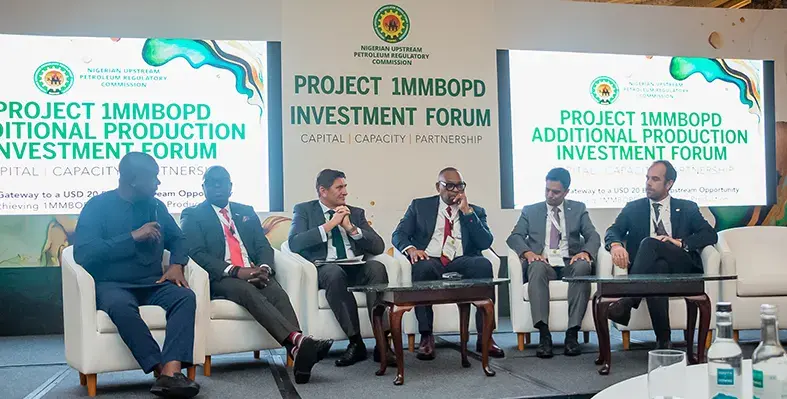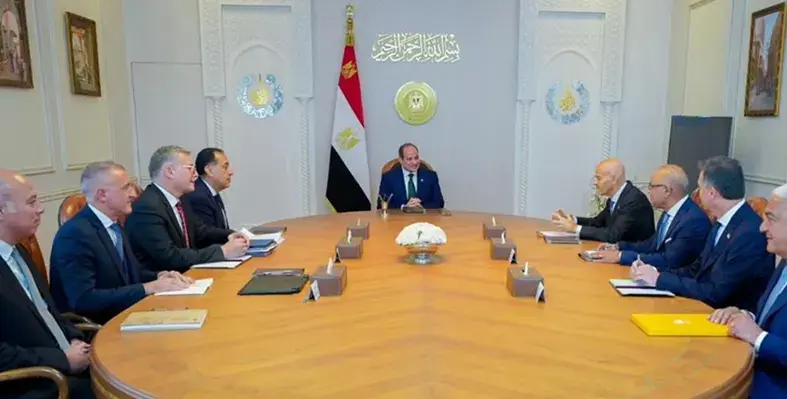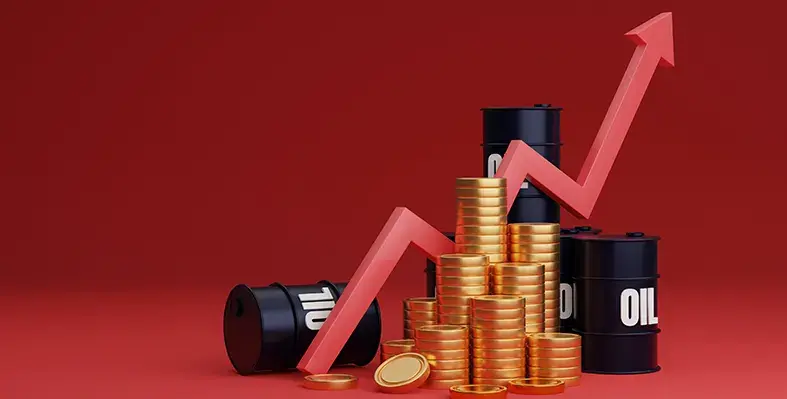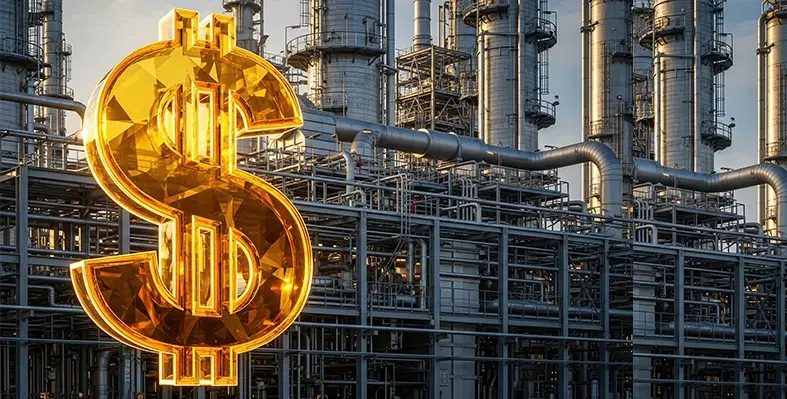On the occasion of its Project 1MMBOPD Additional Production Investment Forum held in London, the Nigerian Upstream Petroleum Regulatory Commission (NUPRC) has announced the commencement of the 2025 Licensing Round effective 1 December 2025
Noting that the licensing round has been designed in line with the Petroleum Industry Act, the NUPRC chief executive, Gbenga Komolafe, said, "One of the factors that affected business is that activities were happening in silos but the NUPRC now realises the need to bring everyone together,” before adding, “We want you all to network. Bank of America is here as well as representatives of other banks.”
He highlighted funding as the biggest challenge in Nigeria's upstream sector right now, and NUPRC's urgency in overcoming the issue, while speaking at the forum before the CEOs of oil companies, bank representatives and potential investors, among others.
As the session saw a lot of brainstorming in making the additional one million barrels a reality, Komolafe acknowledged the significance of the reforms initiated by the President Bola Ahmed Tinubu-led administration in boosting Nigeria’s economic metrics. He cited his statements with Nigeria's progress in crude production, which now averages 1.71 mn bopd, with a peak daily output of 1.83 mn bopd.
Komolafe further noted that 46 field development plans (FDPs) had been approved from January 2025 till date, and the country's rig count has crossed 60, out of which at least 40 are active. The chief executive highlighted how these metrics spoke for themselves when it comes to prospects for investments, and said, “The drive to reach and sustain one million barrels per day in incremental capacity and beyond will require Floating Production Storage and Offloading (FPSO) units for cluster developments, Floating Storage and Offloading (FSO) vessels for crude evacuation and storage, and a variety of Modular Offshore Production Units and Early Production Facilities to enable early production and accelerated monetisation. All these need investments and the prospects are here in Nigeria.”
Other delegates in the forum, including Alhassan Ado Doguwa, Chairman, House Committee on Petroleum Resources (Upstream), and Senator Eteng Williams, assured investors of Nigeria's business friendly laws as they spoke before key oil and gas players. These comprised the Seplat CEO, Roger Brown, managing director, TotalEnergies Nigeria, Mattieu Bouyer, managing director of ExxonMobil Nigeria, Jagir Baxi, and chairman, AA Holdings, Austin Avuru, to name a few.












